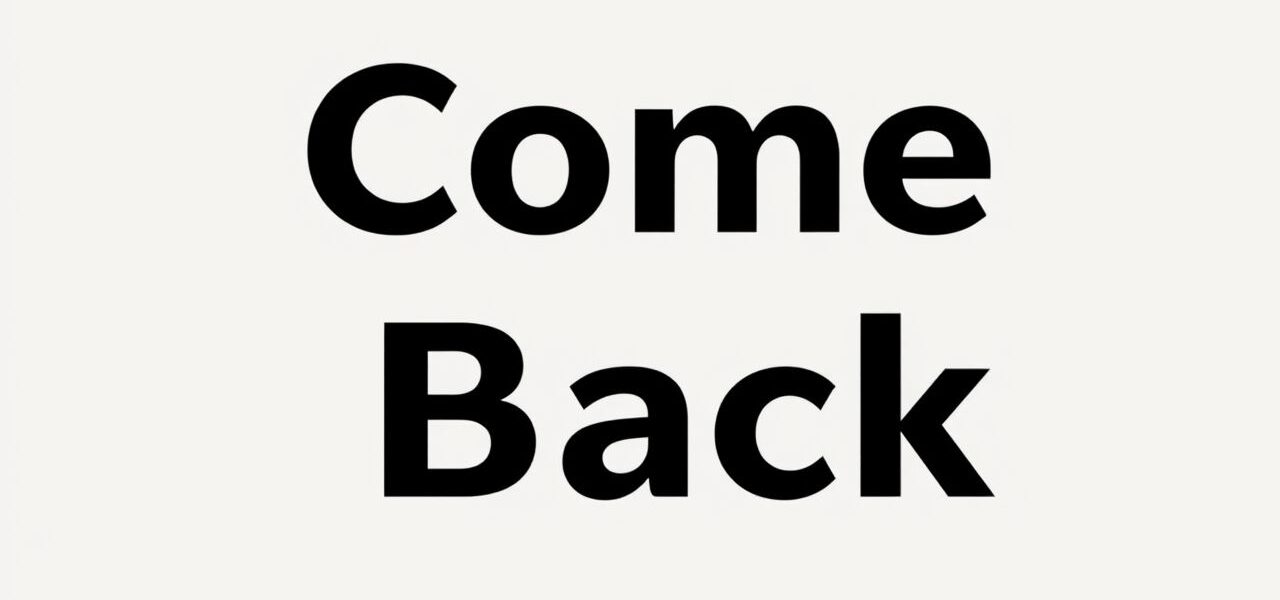In language learning, translating common expressions like ‘come back’ into another language can open doors to cultural understanding and deeper communication. For those interested in Setswana a Bantu language spoken in Botswana and parts of South Africa and Namibia the expression come back might seem simple, but it carries unique forms depending on tone, intent, and grammatical structure. Learning how to say ‘come back’ in Tswana not only improves vocabulary but also strengthens your grasp on local dialogue and respectful interaction.
Understanding the Basics of Tswana Language
Tswana, also known as Setswana, is a Southern Bantu language known for its rich phonetic structure and respectful tone. It uses noun classes, verb conjugations, and affixes to shape meaning. Like many African languages, the context of a phrase can shift its meaning, which is why accuracy matters when learning simple terms like come back.
Verb Structure in Tswana
To understand how to say come back in Tswana, you must first understand how verbs work in the language. Most Tswana verbs start with a root word and can be modified using prefixes or suffixes to indicate tense, subject, or politeness.
- Go: This is the infinitive prefix equivalent to to in English verbs (e.g., go bua to speak).
- Bua: Means ‘speak’ and illustrates how verbs behave in their root form.
- Boela: The root for ‘come back’ or ‘return.’
How to Say ‘Come Back’ in Tswana
The most direct way to say come back in Tswana isboela. This verb means return or come back. It can be modified for tense, subject, or emphasis depending on who you are speaking to and the situation.
Common Variations and Usage
- O boela You come back (singular).
- Lo boela You come back (plural).
- Boela gape Come back again.
- Ke tla boela I will come back.
Boela is a regular verb, so it can be conjugated across different subjects and tenses in a consistent manner. Adding words like gape (again) emphasizes repetition, which can be useful in phrases like come back again tomorrow.
Contextual Usage of ‘Come Back’ in Conversation
The expression come back may be used in various contexts such as inviting someone to visit again, expressing hope for someone’s return, or discussing a past event. The Tswana culture emphasizes hospitality, so phrases involving return visits are common and valued.
Examples in Full Sentences
- Boela kwano! Come back here!
- Ke batla gore o boele kwa gae. I want you to come back home.
- A o tla boela kamoso? Will you come back tomorrow?
- O ne a sa boele morago ga ngwaga. He didn’t come back after a year.
These examples show how boela fits into sentences, often following the subject marker and sometimes appearing alongside adverbs of time or location.
Cultural Implications of ‘Come Back’
In Tswana-speaking communities, inviting someone to ‘come back’ is not just a polite gesture but often a genuine expression of welcome. Visitors are encouraged to return as a sign of strong relationships. Therefore, using the word boela appropriately signals friendliness and social respect.
Showing Respect Through Language
The Tswana language includes various ways to show politeness. To make come back sound more respectful, speakers often include polite forms or deferential phrasing. For example:
- Tla boela, tsala ya me Please come back, my friend.
- Boela mo gae ka kagiso Come back home in peace.
Grammatical Tips for Learners
For English speakers, learning verb structure in Tswana can take some practice. Here are a few tips to remember when using boela:
- Always begin with the subject prefix (e.g., Ke for I, O for you, Ba for they).
- Use tense markers appropriately: tla indicates future, while the present form often omits tense markers.
- Politeness can be implied with softer tone or context rather than formal words.
These rules help ensure your expression of come back is both grammatically correct and culturally sensitive. When in doubt, listen to native speakers and mimic their phrasing for the most natural results.
Why Learning Tswana Phrases Matters
Even simple expressions like come back can build meaningful connections in multilingual communities. By using phrases such as boela, you demonstrate a willingness to understand and engage with others in their language. This approach fosters inclusion, builds respect, and enriches your language skills over time.
Other Useful Related Words
- Tla Come.
- Tsamaya Go.
- Fela Finish or end.
- Gape Again.
- Kwa To (a location).
These terms complement boela and help you build more dynamic sentences in Tswana. Understanding their roles gives you flexibility in expressing movement and direction.
The Tswana phrase for come back is boela, a versatile and culturally meaningful verb. It can be adapted to different tenses and contexts depending on who you are addressing. More than just a linguistic tool, this word reflects the warmth and connection valued in Tswana-speaking communities. Whether you’re studying Setswana or planning a visit to Botswana, knowing how to use boela properly can make your conversations more engaging and authentic.
